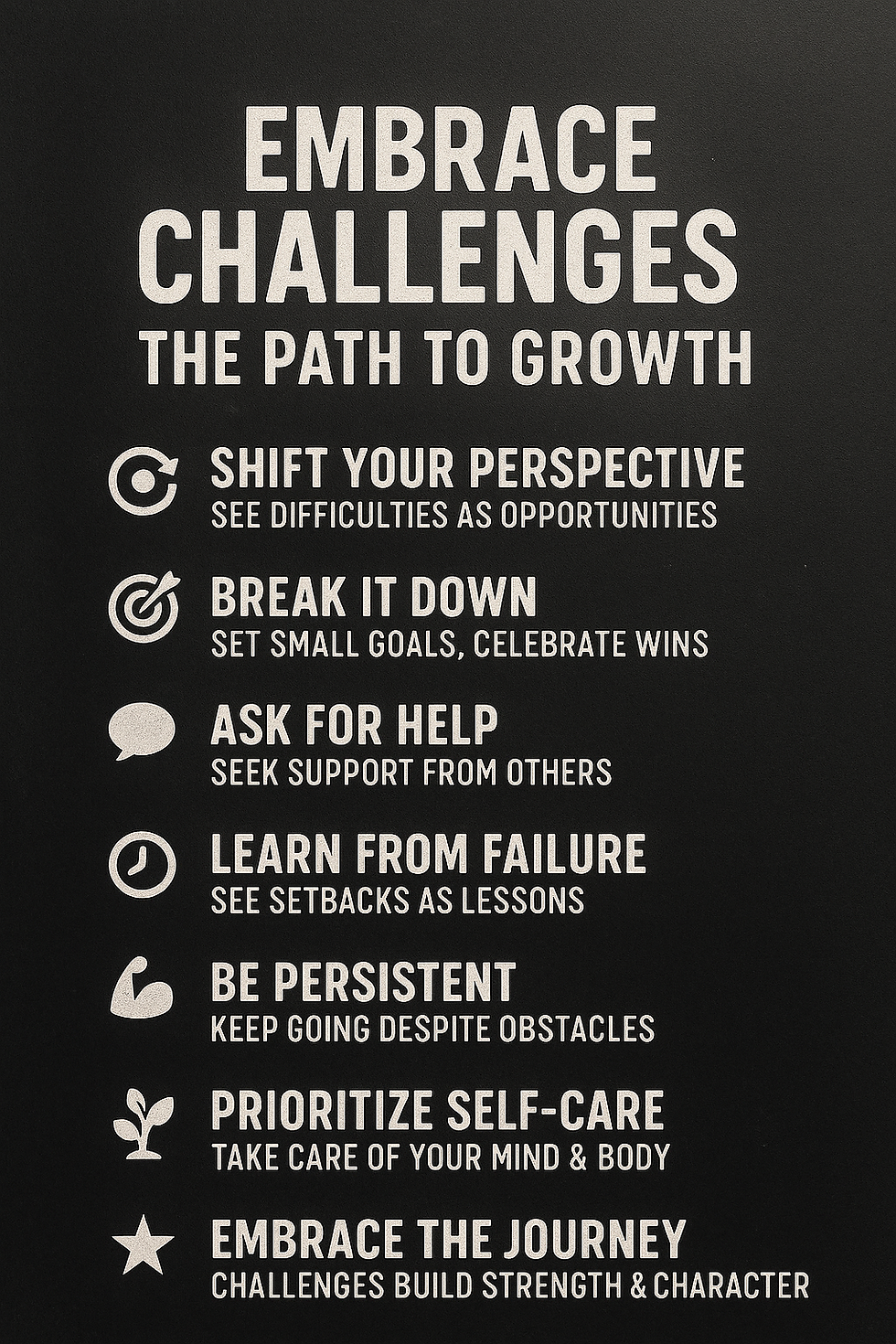The Benefits of Joining Veteran Support Groups Post-Service
- Kirk Carlson
- Jan 18, 2024
- 2 min read
Updated: Feb 20, 2024

The Benefits of Joining Veteran Support Groups Post-Service
Transitioning from military to civilian life is a significant journey for every veteran. This transition can be made smoother and more meaningful by joining veteran support groups. These groups offer a range of benefits, from emotional support to practical assistance in navigating post-service life. This article outlines the key advantages of joining veteran support groups.
1. Emotional and Social Support:
Veteran support groups provide a sense of camaraderie that many miss after leaving the service. Members can share experiences and offer understanding and empathy, which can be crucial in dealing with feelings of isolation or misunderstanding in civilian life.
2. Networking Opportunities:
These groups can be a valuable networking resource, connecting veterans with others who can offer advice, mentorship, or job opportunities. Networking within these groups can lead to meaningful professional relationships and career advancements.
3. Access to Resources and Information:
Veteran support groups often provide information and resources regarding benefits, healthcare, and services available to veterans. This can include assistance with VA claims, finding housing, or accessing educational programs.
4. Mental Health Resources:
Many veterans face mental health challenges post-service, such as PTSD or depression. Support groups can offer access to mental health resources, peer support, and counseling services tailored to veterans’ unique experiences.
5. Advocacy and Representation:
Veteran groups often advocate for policies and legislation that benefit the veteran community. By joining these groups, veterans can contribute to a collective voice that advocates for their rights and needs.
6. Community Involvement and Service Projects:
These groups frequently engage in community service projects, providing veterans opportunities to continue serving in a different capacity. This can be fulfilling for those who miss the sense of purpose and community service inherent in military life.
7. Educational Workshops and Seminars:
Many veteran groups offer workshops and seminars on topics relevant to veterans, such as career development, financial planning, or health and wellness. These educational opportunities can aid in personal and professional development.
8. Family Support:
Some veteran support groups also provide resources and support for family members, helping them understand and adapt to the changes that come with transitioning from military to civilian life.
9. Recreational Activities and Gatherings:
Regular meetings and social gatherings can offer a break from the routine and an opportunity for relaxation and enjoyment, fostering a sense of belonging and community.
10. Sharing and Preserving Military Experiences:
These groups provide a platform for veterans to share their military experiences and stories, preserving the history and legacy of their service for future generations.
Conclusion:
Joining a veteran support group can significantly enhance the post-service life of a veteran. The emotional, social, and practical support these groups offer eases the transition to civilian life and enriches it. Whether through camaraderie, advocacy, or continued service, veteran support groups play a crucial role in helping veterans adjust, thrive, and make meaningful contributions after their military service.





Comments